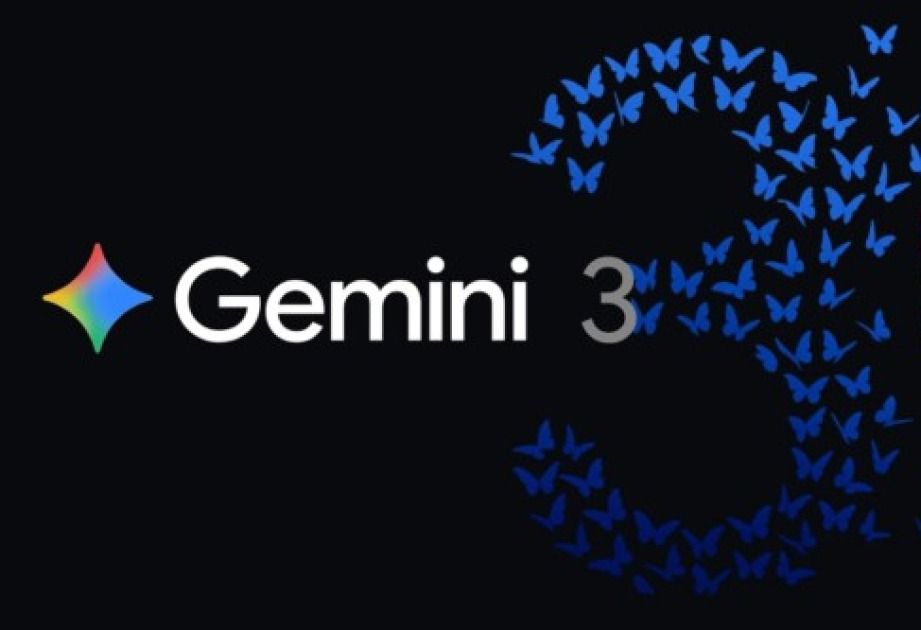Google's Gemini 3 Challenges OpenAI's Market Position
Google's Gemini 3 enters the AI race, outperforming OpenAI's GPT-5.1 and challenging market dominance with superior benchmarks and real-world applications.

Google’s Gemini 3 Shakes Up the AI Landscape, Challenges OpenAI’s Dominance
Google’s latest artificial intelligence model, Gemini 3, has officially entered the global AI race with a performance leap that is redefining expectations and putting pressure on OpenAI, the current market leader. Launched in late 2025, Gemini 3 is being hailed as the most advanced AI model to date, outperforming not only its predecessor but also OpenAI’s recently released GPT-5.1 and Anthropic’s Claude Sonnet 4.5 across a wide range of benchmarks.
Benchmark Dominance and Technical Breakthroughs
Gemini 3’s performance is particularly striking in its ability to surpass competitors on 20 major AI benchmarks, taking the top score in 19 of them. One standout achievement is its performance on the ARC-AGI 2 benchmark, which measures fluid intelligence—the ability to solve novel problems with minimal prior knowledge. Gemini 3 achieved a score of 45%, far ahead of GPT-5.1’s 17.6% and Claude Sonnet 4.5’s 15%. This is a rare leap in AI progress, as such benchmarks are specifically designed to be difficult for machines and easy for humans.
Experts note that the ARC-AGI 2 results are especially significant because they reflect a model’s capacity for reasoning and adaptability, not just memorization or pattern recognition. François Chollet, a leading AI researcher, has described fluid intelligence as the “holy grail” of AI development. Gemini 3’s ability to cluster and solve complex, unfamiliar problems suggests a new level of cognitive flexibility.
Real-World Applications and User Experience
Beyond benchmarks, Gemini 3 is already making waves in practical applications. Users report that Gemini’s AI mode for web search is significantly faster and more accurate than ChatGPT or Claude, especially for real-time information retrieval. This has led many to prefer Google’s Chrome browser over OpenAI’s new Atlas browser, which is seen as slower and less responsive.
In creative tasks, OpenAI’s Sora continues to lead in video generation, particularly for social media content. However, Gemini 3 is closing the gap in coding and reasoning tasks, where it now matches or exceeds the performance of both GPT-5.1 and Claude Sonnet 4.5. For developers and creators, this means more reliable code generation, faster debugging, and better support for complex projects.
Industry Impact and Competitive Landscape
The launch of Gemini 3 marks a turning point in the AI industry. For years, OpenAI has been the dominant force, setting the pace for innovation and adoption. Now, Google’s new model is challenging that leadership, forcing OpenAI and other competitors to accelerate their own development cycles.
Analysts suggest that Gemini 3’s success could lead to a more competitive and dynamic AI market, with increased investment in research and development. This could benefit consumers and businesses alike, as companies strive to offer better, faster, and more affordable AI solutions.
Visuals and Key Figures
- Gemini 3 Logo: Official product image from Google’s announcement.
- Benchmark Comparison Chart: Visual representation of Gemini 3’s performance vs. GPT-5.1 and Claude Sonnet 4.5.
- ARC-AGI 2 Test Example: Screenshot of a sample problem from the benchmark.
- Google Chrome Browser with Gemini AI Mode: Screenshot showing real-time search results.
- OpenAI Sora Video Generation: Example of a video created using Sora.
Context and Implications
The rapid advancement of AI models like Gemini 3 and GPT-5.1 highlights the accelerating pace of innovation in the field. As these models become more capable, they are increasingly integrated into everyday tools and services, from web search to creative software. This shift has profound implications for industries ranging from education and healthcare to entertainment and business.
However, the growing power of AI also raises important questions about ethics, privacy, and regulation. As models become more intelligent and autonomous, there is a need for robust oversight to ensure they are used responsibly and equitably.
In summary, Google’s Gemini 3 is not just a technical achievement; it is a catalyst for change in the AI industry, pushing the boundaries of what is possible and setting a new standard for performance and innovation.



